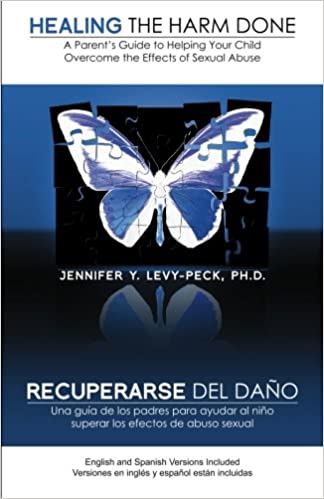
This guide provides practical, compassionate advice for parents on dealing with abused children’s troublesome behaviors and emotional concerns. It addresses topics such as sleep disturbance, inappropriate sexual behavior, worries about the future, and the parents’ own life struggles as they assist their children to recuperate and become healthy survivors.
This guide provides practical, compassionate advice for parents on dealing with abused children’s troublesome behaviors and emotional concerns. It addresses topics such as sleep disturbance, inappropriate sexual behavior, worries about the future, and the parents’ own life struggles as they assist their children to recuperate and become healthy survivors.
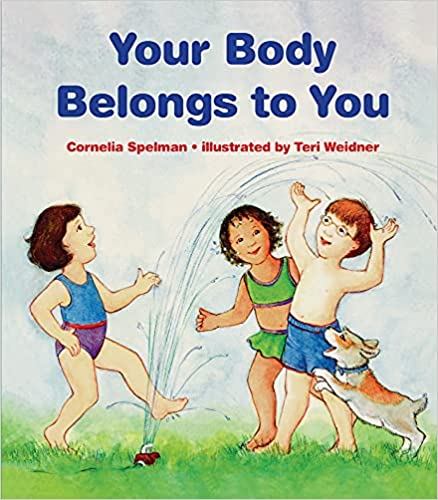
Mostly focused on prevention, this book is positive and assertive without being frightening. It helps children young children understand that they get to choose when, and by whom, they are to be touched.
Mostly focused on prevention, this book is positive and assertive without being frightening. It helps children young children understand that they get to choose when, and by whom, they are to be touched.
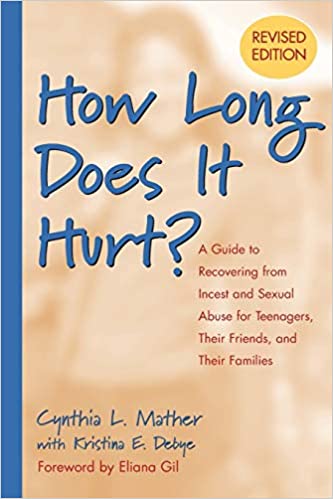
This is a great one that many teenagers who have been through sexual abuse or assault find the most helpful one they’ve ever read. Parents really benefit from reading it too. Importantly, boys are included throughout the entire book.
This is a great one that many teenagers who have been through sexual abuse or assault find the most helpful one they’ve ever read. Parents really benefit from reading it too. Importantly, boys are included throughout the entire book.
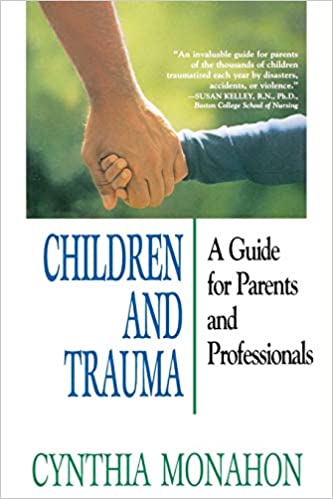
Written for parents and professionals, this book is easy to read and very informative. It explains the effects of traumatic experiences on children, offers a clear path to restoring a child’s sense of safety and balance, and makes it easy to find the specific information and recommendations you need.
Written for parents and professionals, this book is easy to read and very informative. It explains the effects of traumatic experiences on children, offers a clear path to restoring a child’s sense of safety and balance, and makes it easy to find the specific information and recommendations you need.
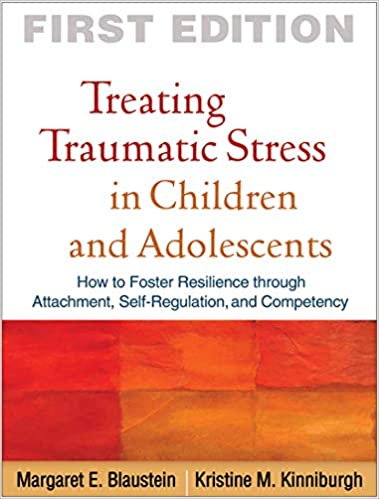
Though written for therapists, this book can help parents understand the developmental impacts of trauma – and that all behaviors, however troubling, are functional attempts to adapt to trauma. Its flexible treatment framework supports parents’ efforts to bring safety and resilience into their children’s lives.
Though written for therapists, this book can help parents understand the developmental impacts of trauma – and that all behaviors, however troubling, are functional attempts to adapt to trauma. Its flexible treatment framework supports parents’ efforts to bring safety and resilience into their children’s lives.
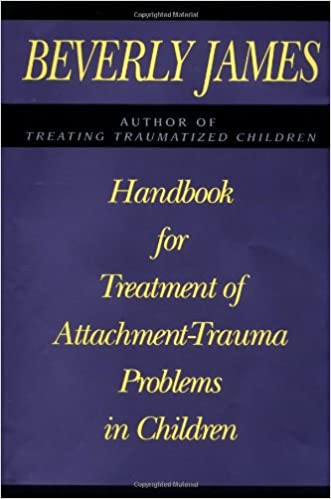
This book is focused on children who have not only experienced trauma, but have had little or no stable and loving relationships in their lives, for example children who have been adopted or placed in foster care after being terribly neglected and abused. It shows how to relate to these children, including as a parent, to help them learn to love and trust – and how to avoid getting caught in some common but destructive ways of trying to bring healing.
This book is focused on children who have not only experienced trauma, but have had little or no stable and loving relationships in their lives, for example children who have been adopted or placed in foster care after being terribly neglected and abused. It shows how to relate to these children, including as a parent, to help them learn to love and trust – and how to avoid getting caught in some common but destructive ways of trying to bring healing.
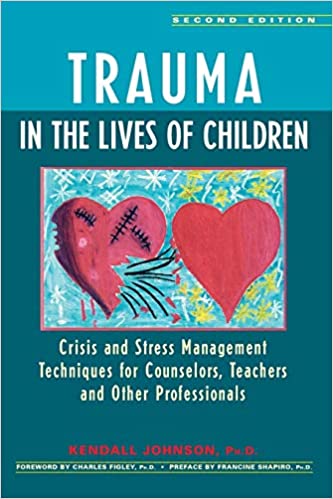
Another one written for professionals but very helpful to parents as well. It addresses many practical and effective approaches to helping children, including EMDR, a treatment that can sometimes quickly help children become free of tormenting abuse memories.
Another one written for professionals but very helpful to parents as well. It addresses many practical and effective approaches to helping children, including EMDR, a treatment that can sometimes quickly help children become free of tormenting abuse memories.
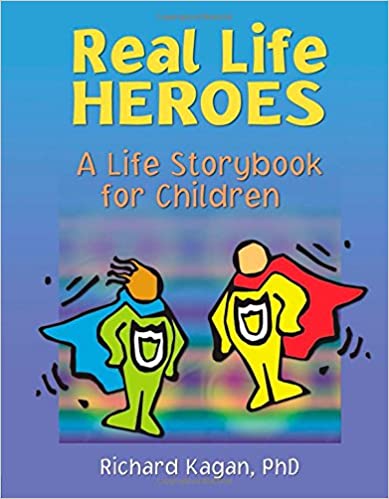
This “life storybook” can help traumatized children by focusing on positive experiences and perspectives, without denying their pain and suffering, by helping them draw strength from the supportive people in their lives.
This “life storybook” can help traumatized children by focusing on positive experiences and perspectives, without denying their pain and suffering, by helping them draw strength from the supportive people in their lives.